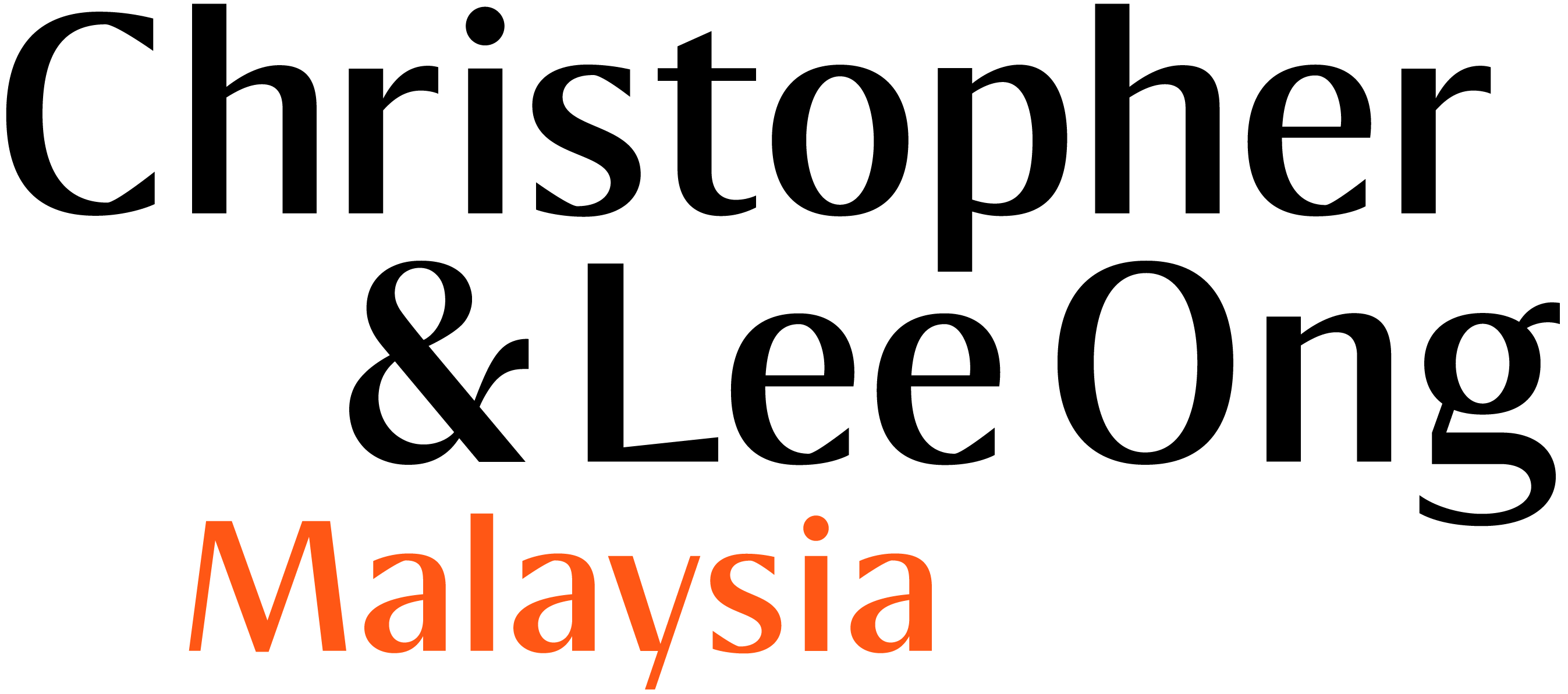Introduction
The Malaysian Federal Court in the case of Asian International Arbitration Centre v One Amerin Residence Sdn Bhd & Ors And Another Appeal [2025] 3 MLRA 83 held that the Asian International Arbitration Centre (“AIAC“) is immune from judicial review of acts and decisions made by AIAC in its capacity as the domestic and statutory adjudication authority under the Construction Industry Payment & Adjudication Act 2012 (“CIPAA“).
This Update provides a summary of the case and the ruling of the Court.
Background
A dispute had arisen in respect of payment for construction works done by the Third Respondent, Ragawang Corporation Sdn Bhd (“Ragawang“) for the First Respondent, One Amerin Residence Sdn Bhd (“One Amerin“) following which Ragawang commenced an adjudication claim under the CIPAA against One Amerin. In September 2018, the Director of AIAC appointed Mr Choon Hon Leng to act as the adjudicator (“Adjudicator“).
High Court
One Amerin objected to the appointment of the Adjudicator and filed an application for leave to commence judicial review proceedings (“JR“) in the High Court seeking, amongst others, an order of certiorari to quash the decision of AIAC to appoint the Adjudicator and a declaration that the notice issued by AIAC compelling One Amerin and Ragawang to deposit the full sum of the Adjudicator’s fee with AIAC was illegal, unlawful, invalid and of no effect in law.
AIAC applied to strike out the JR (“Striking Out“) on the grounds that AIAC was an international organisation which was conferred immunity from any court proceedings pursuant to the International Organizations (Privileges and Immunities) Act 1992 (“IOPA“) and section 34 of the CIPAA.
Court of Appeal
While the High Court allowed the Striking Out sought by AIAC, the Court of Appeal overturned the High Court decision, finding that the immunity provided to AIAC under the IOPA was restricted to acts carried out by AIAC in the exercise of its functions as mandated under international agreements, and did not apply in judicial review proceedings relating to the acts of AIAC in its capacity as the statutory adjudication authority under the CIPAA.
Federal Court’s Decision
In its decision published on 13 February 2025, the Federal Court set aside the decision of the Court of Appeal and confirmed that AIAC is immune from judicial review of its acts and decisions made in its capacity as the domestic and statutory adjudication authority under the CIPAA. In making this decision, the Federal Court highlighted that the rationale behind the grant of immunity to AIAC is to protect the independence of AIAC to ensure its ability to function autonomously and effectively and to enable it to accomplish its objective of promoting and facilitating alternative dispute resolution (ADR) services in Malaysia.
Key Takeaways
The decision of the Federal Court ought to instil greater confidence in AIAC’s ability to carry out its vital role as the statutory adjudication authority under the CIPAA, some 11 years after the CIPAA first came into effect in Malaysia. This decision should also encourage more parties to pursue payment claims under the CIPAA, especially given its relative speed in facilitating payment and its ethos of “pay first, argue later”.
Additionally, the decision of the Federal Court demonstrates the court’s willingness to consider domestic legislation within the context of Malaysia’s obligations under international law, which should support and drive Malaysia’s growth as a key hub for dispute resolution in the Association of Southeast Asian Nations (ASEAN) region.
Disclaimer
Rajah & Tann Asia is a network of member firms with local legal practices in Cambodia, Indonesia, Lao PDR, Malaysia, Myanmar, the Philippines, Singapore, Thailand and Vietnam. Our Asian network also includes our regional office in China as well as regional desks focused on Brunei, Japan and South Asia. Member firms are independently constituted and regulated in accordance with relevant local requirements.
The contents of this publication are owned by Rajah & Tann Asia together with each of its member firms and are subject to all relevant protection (including but not limited to copyright protection) under the laws of each of the countries where the member firm operates and, through international treaties, other countries. No part of this publication may be reproduced, licensed, sold, published, transmitted, modified, adapted, publicly displayed, broadcast (including storage in any medium by electronic means whether or not transiently for any purpose save as permitted herein) without the prior written permission of Rajah & Tann Asia or its respective member firms.
Please note also that whilst the information in this publication is correct to the best of our knowledge and belief at the time of writing, it is only intended to provide a general guide to the subject matter and should not be treated as legal advice or a substitute for specific professional advice for any particular course of action as such information may not suit your specific business and operational requirements. You should seek legal advice for your specific situation. In addition, the information in this publication does not create any relationship, whether legally binding or otherwise. Rajah & Tann Asia and its member firms do not accept, and fully disclaim, responsibility for any loss or damage which may result from accessing or relying on the information in this publication.














